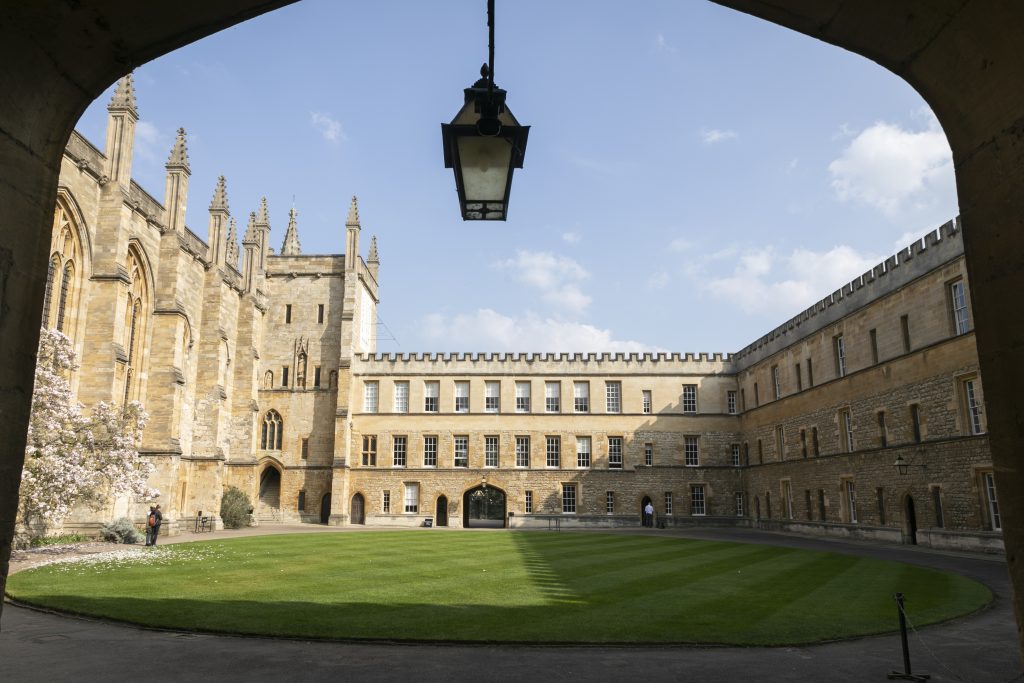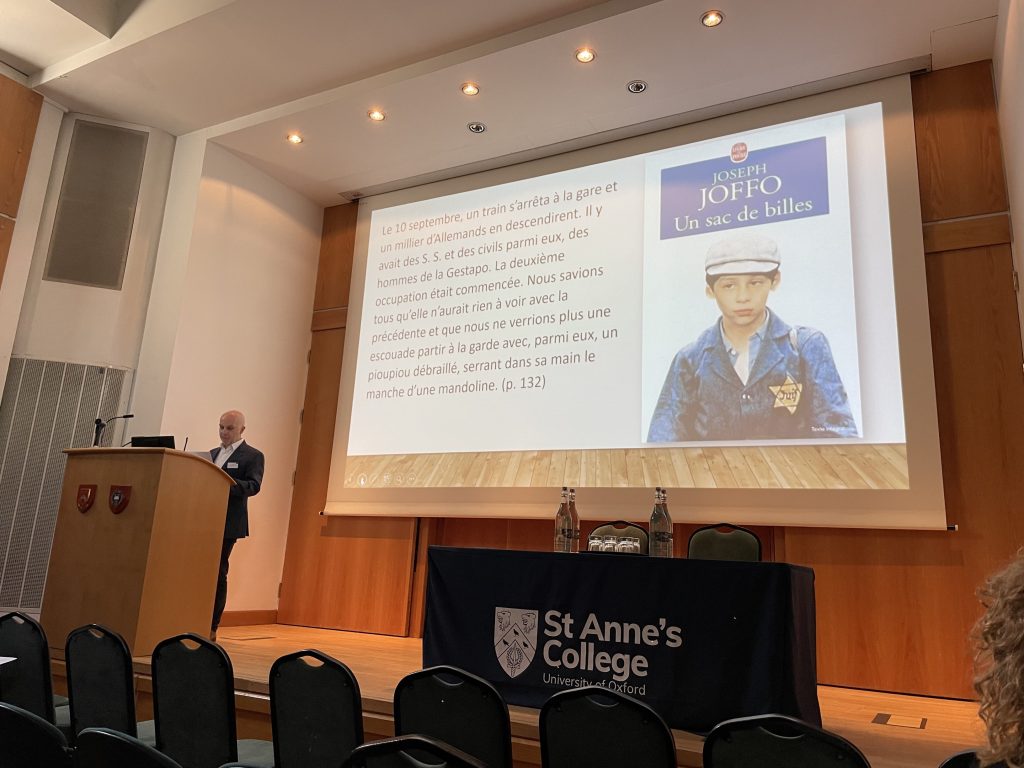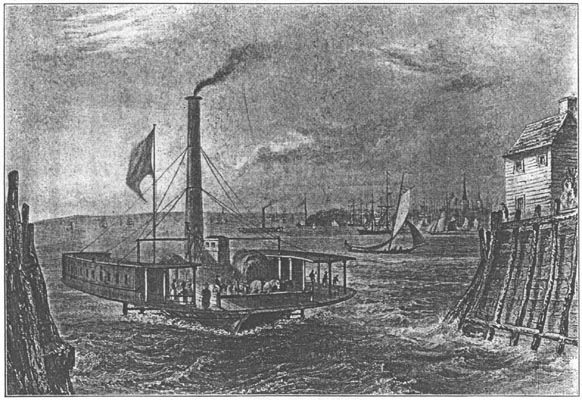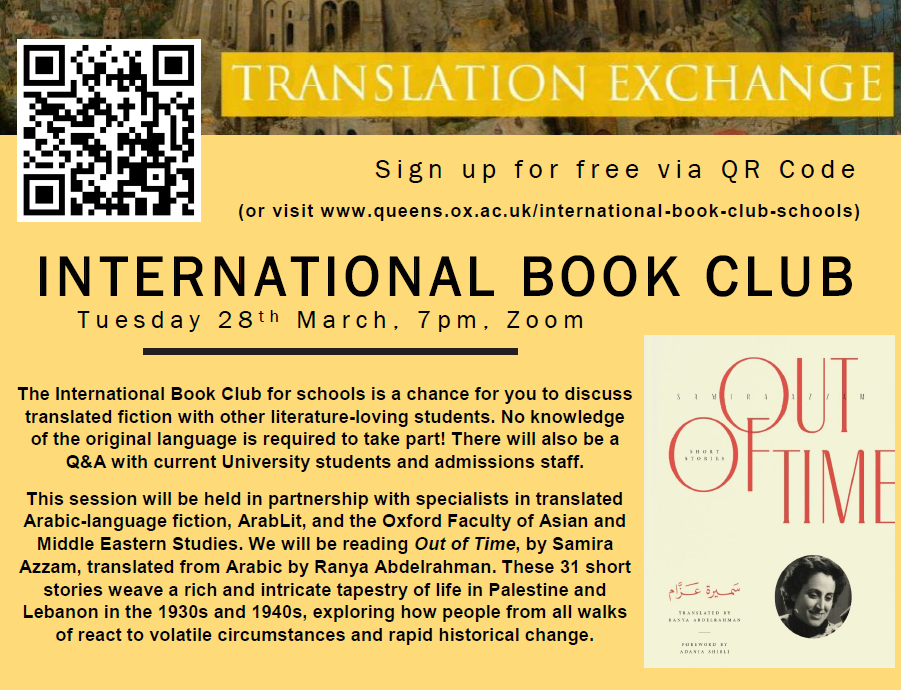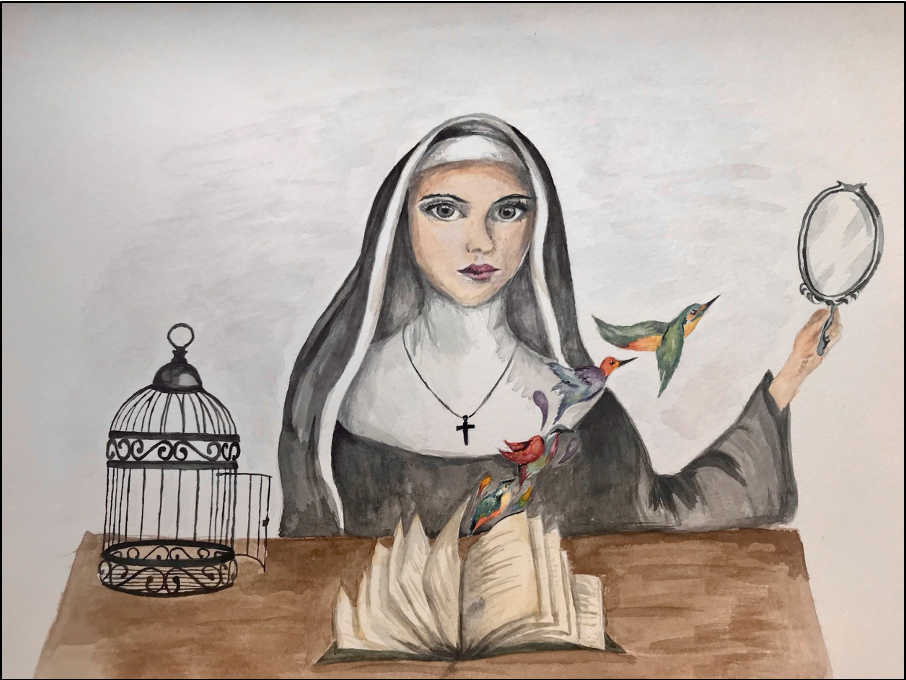Oxford’s first multilingual, digital student magazine
On the blog this week, current finalist Amélie tells us all about The Oxford Linguist – a very special student-led publication that showcases students’ creative writing and demonstrates the kinds of unique experiences that students can have whilst studying at Oxford/university.

Trinity (Summer) Term 2024 saw the launch of The Oxford Linguist, Oxford University’s first multilingual, digital student magazine. Dedicated to showcasing and celebrating the talent of foreign language speakers and learners across the University, it offers the unique opportunity for students to submit their work in any language — no translation required. In just four issues, the magazine has published more than 70 contributions in over 15 languages, ranging from French, Spanish, and German to Singlish, Welsh, and even Esperanto!
The Oxford Linguist was conceived with the aim of fostering a University-wide exchange among language enthusiasts. When I looked to publish my own French writing, I found that existing student magazines often, understandably, requested an English translation (a task ill-suited to poetry!). Therefore, myself and a group of fellow Modern Languages students got together in the Taylorian Common Room to sketch out an initial concept for a multilingual magazine. Then, thanks to a few posters, a dedicated website, and support from a couple of tutors, we assembled a team of 15 editors, and, a few weeks later, released our inaugural 80-page edition in June 2024.
Just over a year on, the editorial team has grown to around thirty members, now including dedicated Creative and Communications teams. The magazine has built a social media following of more than 800 and each issue attracts over 500 reads on average. We have also expanded into in-person events: last year students enjoyed a Multilingual Translation Workshop, a Multilingual Poetry Night, and, in February, a Valentine’s Day workshop exploring linguistic conceptualisations of love across cultures.
The Oxford Linguist’s reception has been overwhelmingly positive in its first year, revealing students’ remarkable enthusiasm for language learning and exploration of foreign culture. With the uptake of undergraduate Languages studies steadily on the decline, and courses now being scrapped altogether in some major universities, showing that young people’s passion for languages is ‘alive and kicking’ has never been more important.
We believe that interests such as these often arise before university, which is why the magazine is looking to engage younger students by opening up submissions to Sixth Formers. As of September 2025, we will be working with the Modern Languages Schools Liaison to incorporate The Oxford Linguist into the department’s Outreach efforts. The work of young linguists – including prize winners from previous Outreach competition initiatives, as well as independent submissions – will be published alongside contributions from current Oxford students. We hope this will be an exciting opportunity for young students to indulge in their passion for languages outside of their curriculum, and engage with the University’s community of linguists, too!
To find out more about The Oxford Linguist, please consult our website. For those interested in finding out more or getting involved, please contact us at: hello.theoxfordlinguist@gmail.com.
– Amélie Chung

